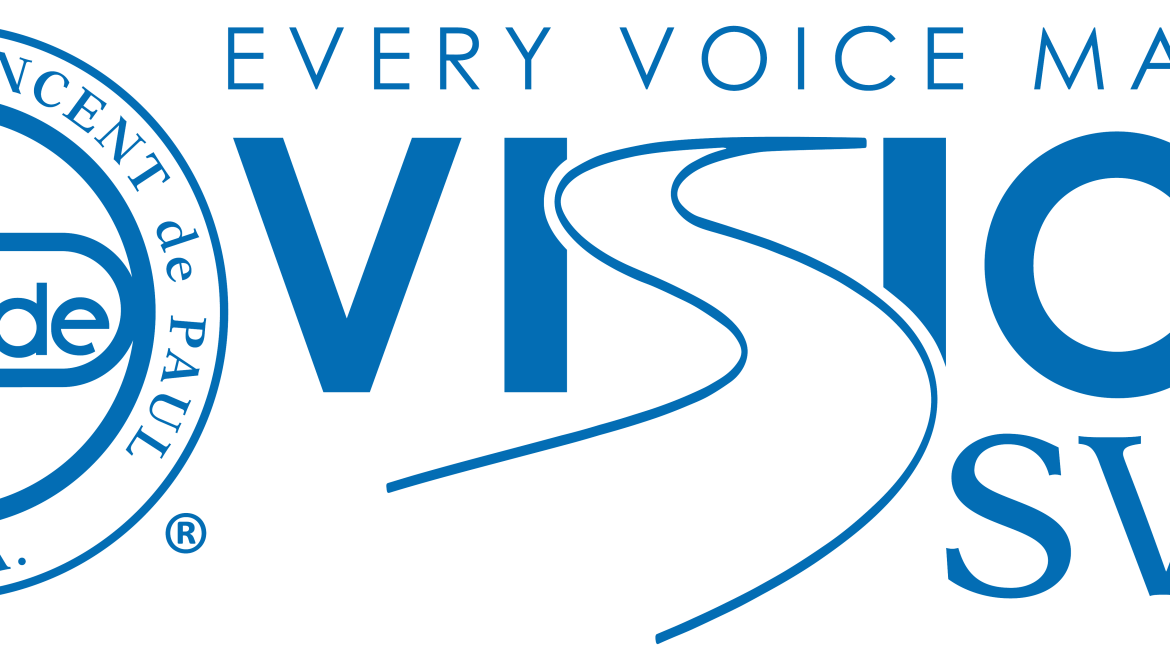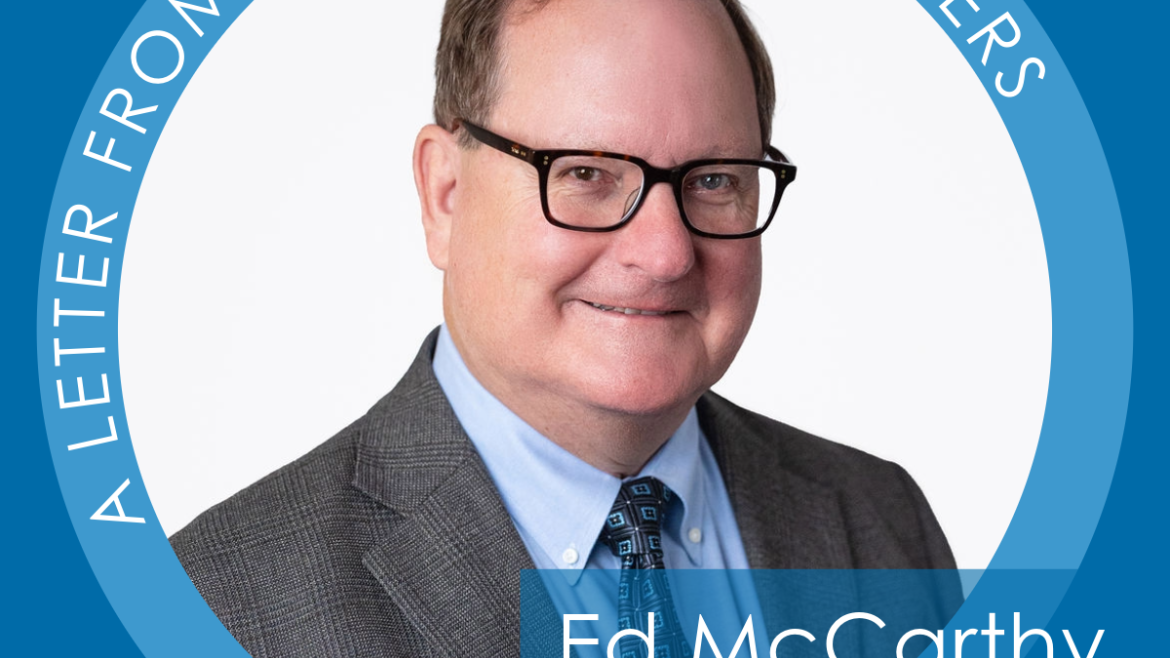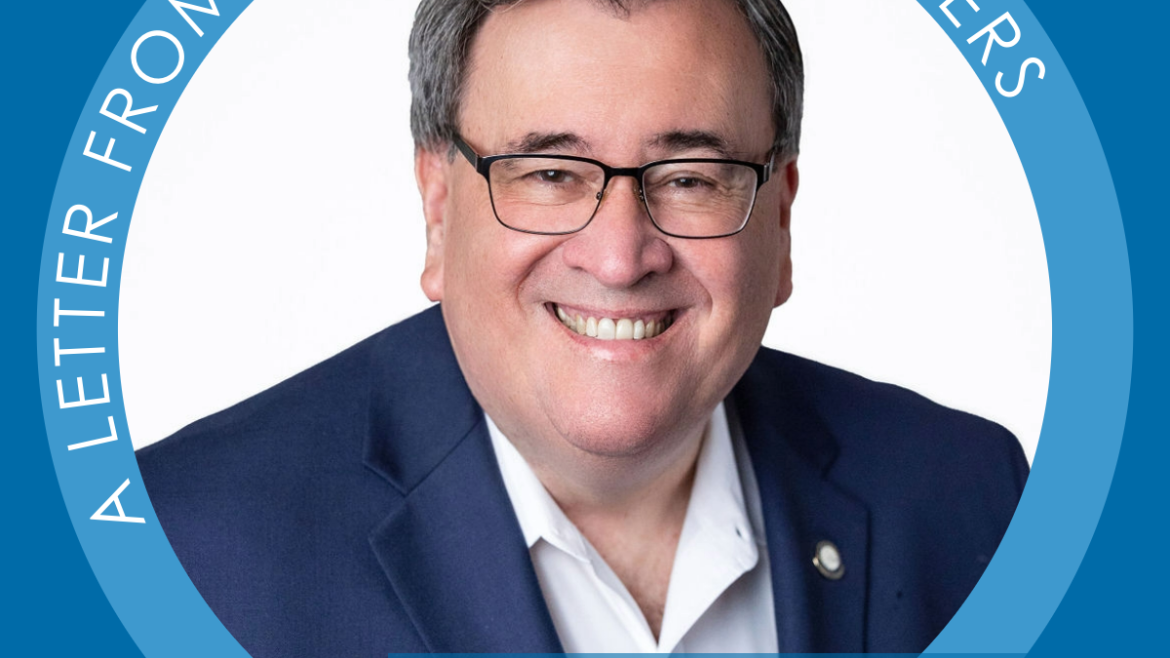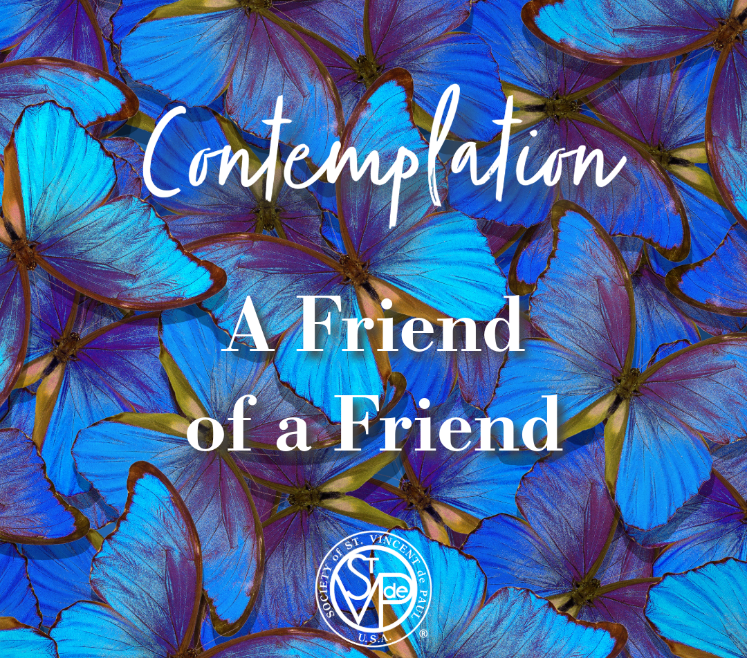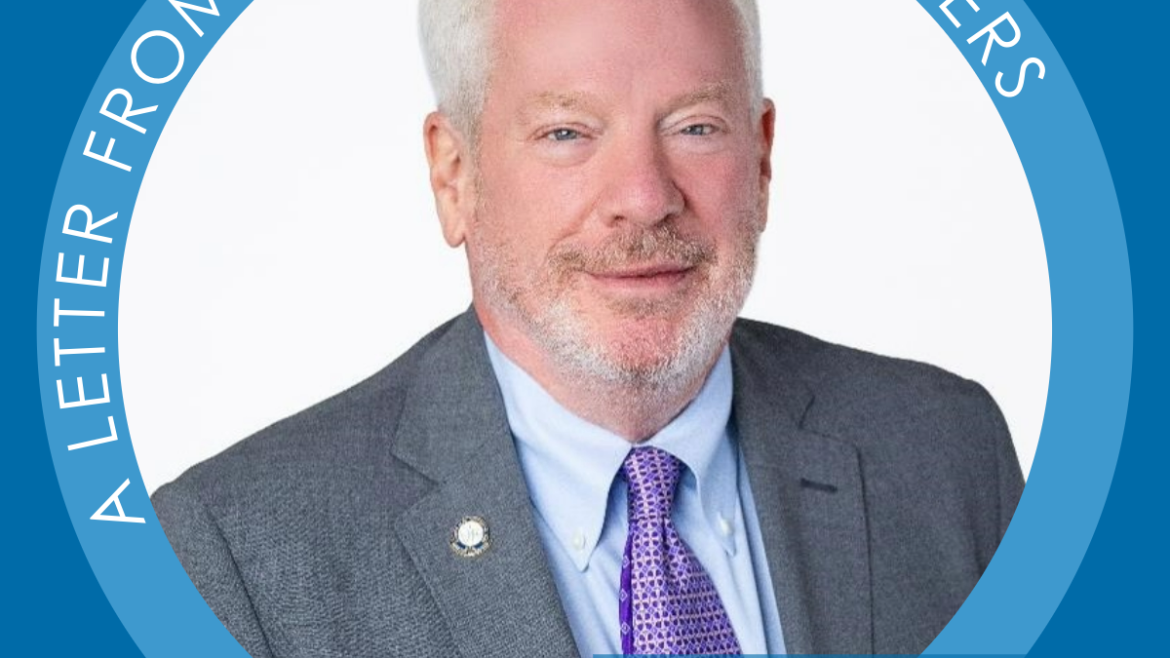
Dear Fellow Vincentians,
Now that the Midyear Meeting, where we rolled out VisionSVdP, is over, I want to give you a report on how things went at the meeting and let you know about the next steps in this important ongoing national initiative.
You will be hearing much about VisionSVdP over the next two plus years; this is one of the most important and impactful things we have undertaken as a Society in the last 25 years. And it will take the commitment, dedication, and full participation of every Vincentian at every level of the Society to make sure that the work we do will enable us to adapt to a changing world and ensure that our work and our relevance in supporting His people in need and growing in our own holiness and spirituality will continue for generations to come.
The launch of VisionSVdP at the Midyear Meeting was exciting and powerful! Almost 250 people, attendees and staff, participated in five separate listening sessions. Was there some nervousness? Some confusion? Some desire for structure and specific questions to answer? Of course there was! If there was not, I would have been very concerned. This is new ground we are breaking. This is quite easy for some people and exceedingly difficult for others.
These listening sessions require that we not only listen to each other, but that we listen to the Holy Spirit speaking to us and through us. They require that we be candid and open and honest and free thinking. If we gave you a bunch of questions and asked you to answer them, what we would get is — a bunch of answers to questions we asked. What we would NOT get is the things in your heart and in your soul that matter deeply and passionately to you. We would not get the voice crying out in the wilderness with the idea that might make all the difference in the world.
So going forward, if you are looking for a lot of structured conversations in VisionSVdP you might be disappointed, because you are not going to get that — at least not in this phase. But if you come to this process with an open heart and an open mind then I think any disappointment will turn to excitement and joy as you journey together, you and your fellow Vincentians on this path to adapting to a changing world. What this synodal process will provide you is an opportunity for open dialogue; listening sessions that are freeform and unstructured with thinking that is inspired by the Holy Spirit.
So, what is next?
Now we are going into the Regional Meeting phase. We will hold listening sessions at every Regional Meeting over the next few months. I will be at many Regional Meetings to help facilitate; but since I have not yet figured out how to be cloned, I cannot get to them all. So, Dave Barringer will be at the ones I cannot attend, and the RVPs all participated in the launch at Midyear, so they are familiar with the process. There will be a video from our National Spiritual Advisor, Archbishop Andrew, to kick off each session and help center us on the task ahead.
After the Regional Meetings we are asking all Councils, Conferences, and Special Works to hold VisionSVdP Listening Sessions, preferably before the National Assembly. And I want to make a key point here. When I say we want all Vincentians to participate in VisionSVdP, I mean all Vincentians; Full Members, Associate Members, Staff, and Volunteers. And at some point, we will also determine how we can engage with the people we serve, our neighbors in need, to get their views on the Society and how we need to adapt to a changing world to best serve them.
All the comments from all the sessions will be gathered into a national database where we can all look at it. And when I say we, I mean we — you, me, and every Vincentian — because every voice matters, today and tomorrow. In Phase II, we will all begin to ask ourselves: What does all this mean? Then we will start to determine patterns, similarities, trends, commonalities, and areas where we want to focus. But we will also be looking for that voice in the wilderness.
There will be further updates as we continue the process. Thanks for your continued participation and support.
Peace and God’s blessings,
John
John Berry
National President

